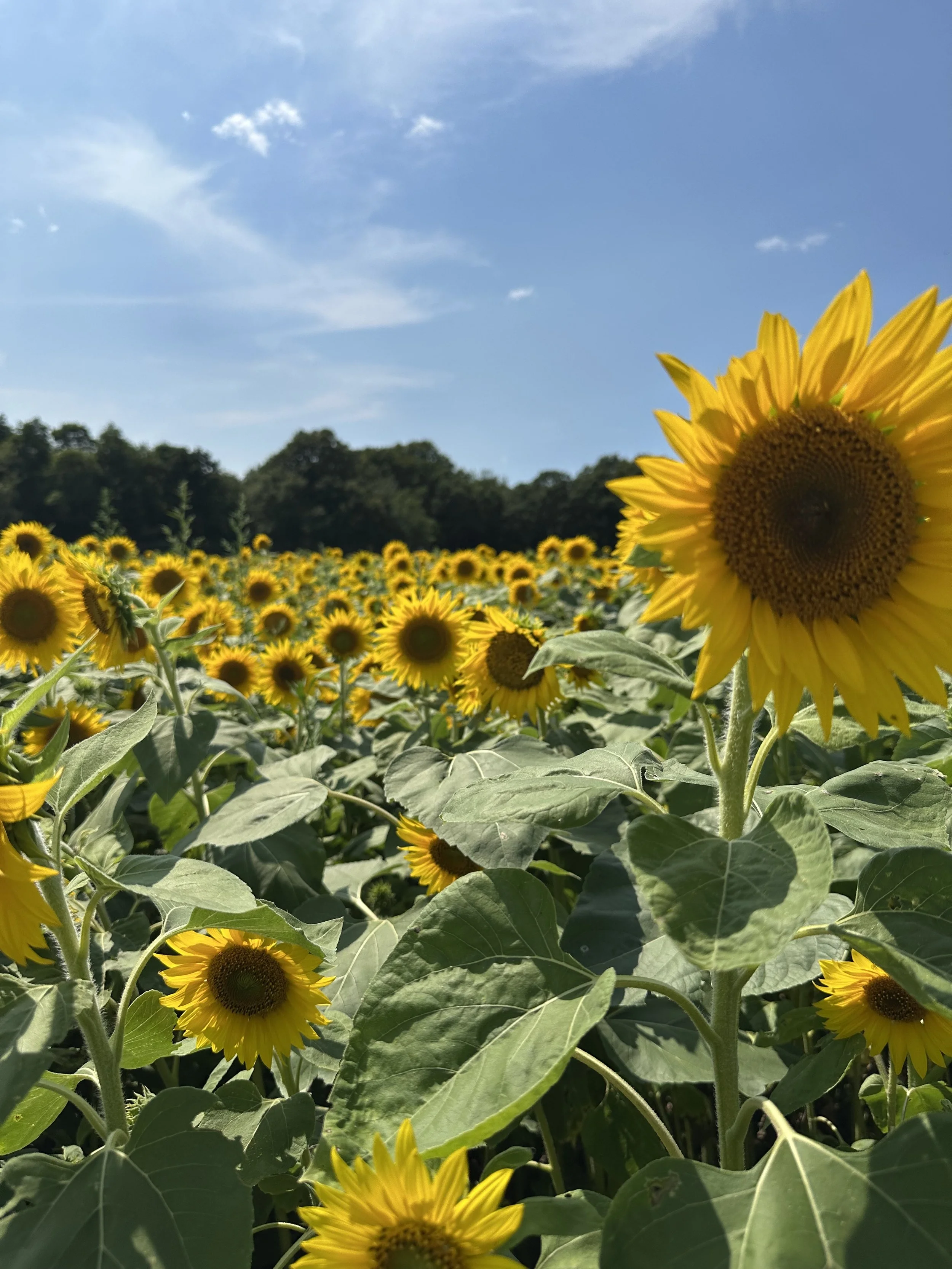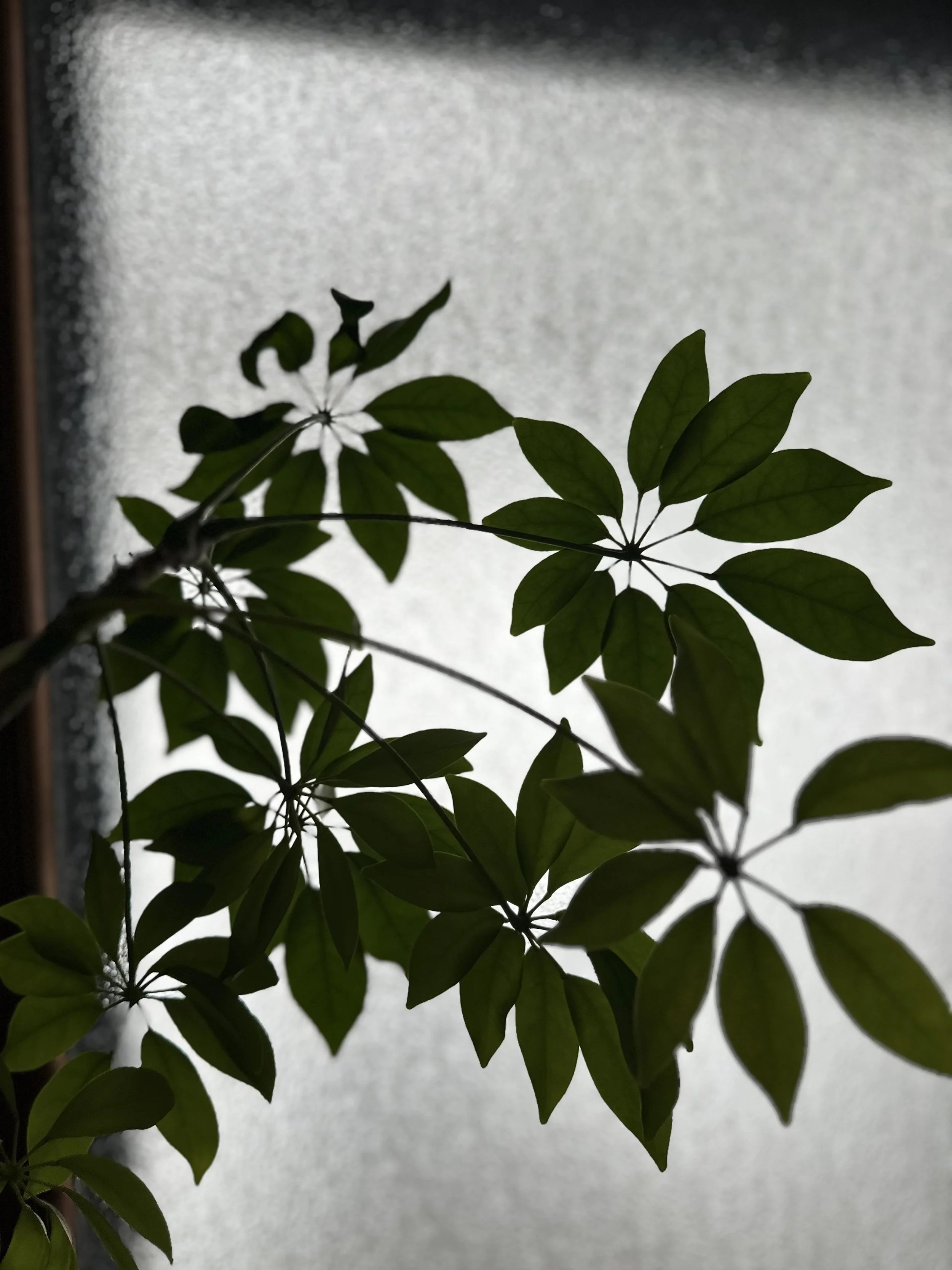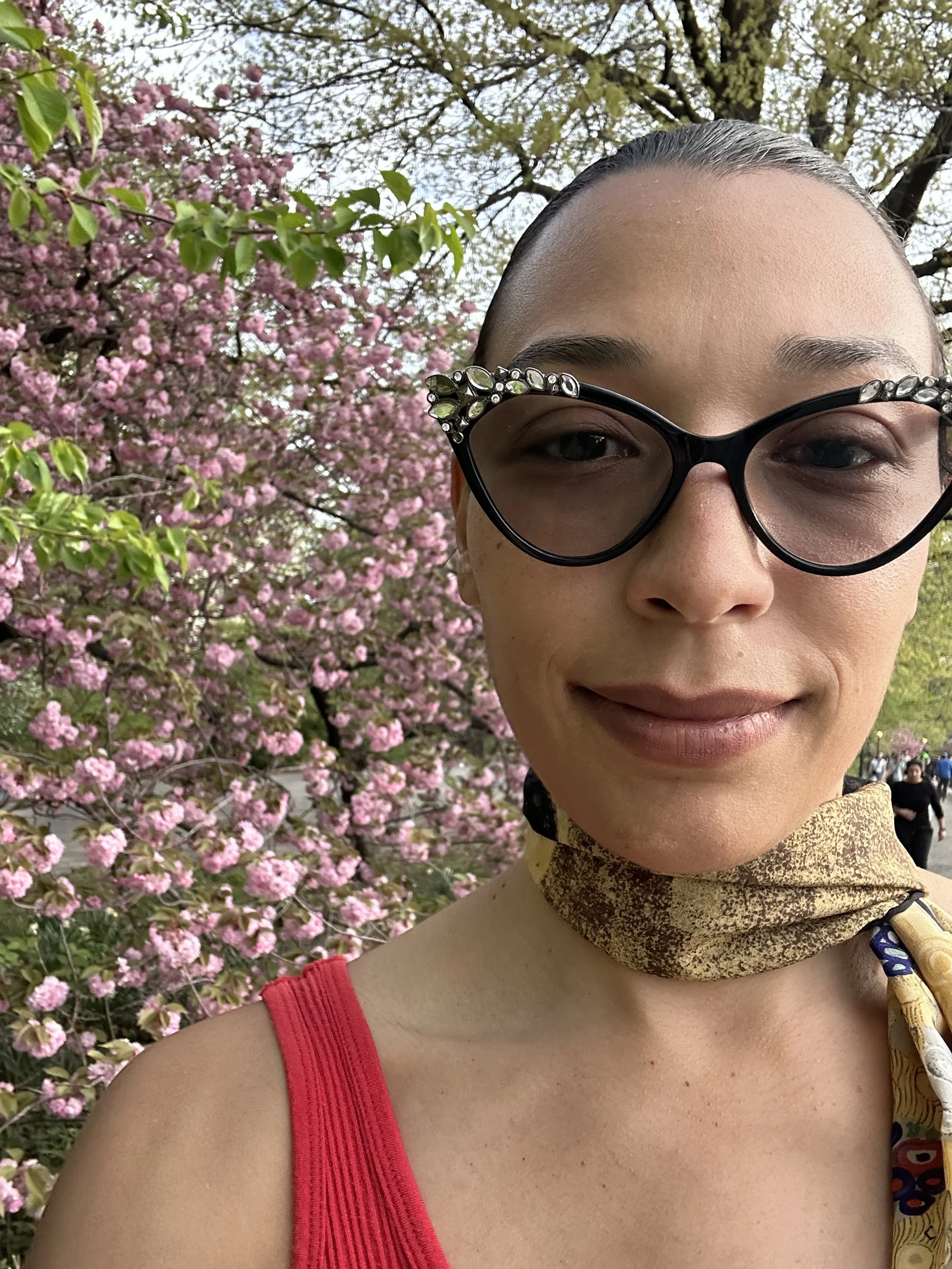Why I Created SoulFruit: My Journey Into Holistic Wellness
Have you ever felt your body whispering to you — asking you to slow down, soften, and come home?
For me, that whisper (or more like SCREAM) became impossible to ignore. It was the beginning of what is now SoulFruit.
Abandoned brownstone in Bedstuy, BK- Photo by Tatiana 2025
The Beginning of My Path
Movement has always been my anchor. From my early love of dance to becoming a certified Pilates instructor and stretch mobility coach, movement shaped my life.
But behind that path was a reality many people don’t see: I was raised by a single mom in a low-income household. As a woman of color, the world often demanded resilience and hustle. I knew what it felt like to carry not just physical weight, but emotional and spiritual weight too. Rest felt like a luxury, not a right.
For years, I treated movement like just another hustle: something I did to push harder, stay in shape, and keep proving myself. But when I started to slow down, something shifted. Movement became more than fitness. It became medicine for the nervous system. My safety, my release, and a way back to myself. That realization became the seed of SoulFruit.
The Birth of SoulFruit
A Branch of Reflexions- Photo by Tatiana 2025
The name SoulFruit came to me as a vision of what blossoms when we nourish ourselves fully. Just like the mycelium interweaving and whispering beneath the soil, our inner world holds a hidden network of wisdom and life. When we tend to our body, mind, and spirit with care, we awaken that living web within us. Nourishment flows more freely, connections deepen, and something quietly powerful begins to grow. A vitality that can’t be seen on the surface, but is felt in every breath, every choice, every moment.
But for me, SoulFruit is not just philosophy…it’s survival. It’s the softness I had to fight to reclaim in a world that told me to harden. It’s the reminder that healing isn’t about pushing harder, but about learning how to be safe in your body, even when life feels unsafe.
SoulFruit became my way of weaving together all the practices that healed me. Pilates, dance, mobility, feminine wellness, breathwork, and holistic living. It’s a way of remembering that in this chaotic world, we all deserve nourishment, joy, and a place to breathe.
Wellness Stroll, Central Park 2025
What I Believe
At the heart of SoulFruit are a few guiding principles that grew out of my lived experience:
Movement as Medicine – The body carries struggle, resilience, and stories. Gentle, intentional movement like Pilates and stretching help release stress, trauma, and stored emotions.
Safety Before Strength – Growing up in survival mode taught me that strength without safety burn you out. True vitality begins with a regulated nervous system. Without it, strength is surface-level.
Feminine Embodiment Practices – Cycle awareness, womb care, and sensual movement are radical tools of empowerment, especially for women of color.
Living in Harmony with Nature – Just as seasons shift, so do we. Wellness isn’t linear; it ebbs and flows. We are allowed to pause, to blossom in our own time.
These principles are the roots of SoulFruit. Everything I share, from Pilates practices to wellness rituals, grows from here.
What You’ll Find Here
This space is for anyone who’s ever felt like they had to hustle just to survive. For anyone who’s felt like softness wasn’t safe, or that wellness was out of reach. Here, you’ll discover:
Holistic wellness tips for body, mind, and soul
Pilates for women seeking nervous system healing and balance
Feminine embodiment practices for deeper self-connection
Rituals for slowing down and living mindfully
Reflections from my own journey as a woman navigating resilience and softness
SoulFruit isn’t about chasing perfection. It’s about devotion — to your body, your energy, and your soul.
An Invitation to Join Me
SoulFruit is not just my work — it’s my offering. A reminder that healing belongs to all of us, regardless of background or circumstance.
Through these blogs, practices, and teachings, I hope you’ll find your own way home — rooted, nourished, and alive.
Subscribe to my newsletter for updates, join me in a session, follow along on Instagram for daily practices, and share this blog if it resonates.
Because when we tend to the body and soul together…even when the world tells us to hustle… we don’t just survive. We blossom.
Sunflower Field, RI- Photo by Tatiana 2025
Natural Remedies for Better Sleep: A Holistic Approach to Restful Nights
Struggling to get a restful night of Zzz’s? Here are 10 natural remedies for quality sleep. Start incorporating these techniques tonight!
Getting a good night’s sleep is essential for overall health and well-being, yet many struggle with restlessness and insomnia. Instead of reaching for sleep aids, consider natural remedies that support deep, restorative sleep. Here are some of the most effective holistic approaches:
1. The Power of Meditation for Sleep
Meditation helps calm the mind and body, reducing stress and anxiety—two major culprits of poor sleep.
Regular meditation:
• Lowers cortisol levels, the stress hormone
• Increases melatonin production, the sleep hormone
• Enhances relaxation by slowing brainwave activity
Try guided meditation or body scan meditation before bed to transition into a peaceful sleep state.
2. Mindfulness Techniques to Quiet the Mind
Mindfulness practices, such as mindful breathing and progressive muscle relaxation, train the brain to focus on the present moment rather than racing thoughts. This can help:
• Reduce nighttime anxiety
• Improve overall sleep quality
• Strengthen the body’s natural sleep-wake cycle
Progressive muscle relaxation technique: While lying on your back, tense and then release different muscle groups in your body one at a time, starting from your toes and working your way up to your head. Inhaling as you tense and exhaling as you release.
3. Acupressure for Deep Relaxation
Acupressure, based on traditional Chinese medicine, stimulates energy flow and relaxation. Pressure points such as the Spirit Gate (HT7) and Yin Tang (Third Eye) can help with:
• Reducing overthinking before bed
• Relieving stress and tension
• Inducing a sense of calm
Gently massage these points for a few minutes before bedtime.
4. Essential Oils for Sleep Support
Aromatherapy is a powerful tool for sleep. Essential oils like:
• Lavender – Promotes relaxation and reduces stress
• Chamomile – Eases tension and soothes nerves
• Cedarwood – Encourages melatonin production
Diffuse essential oils in your bedroom or apply diluted oil to pulse points before bed.
5. Breathing Techniques for a Calm Nervous System
Controlled breathing activates the parasympathetic nervous system, signaling your body to relax. Try:
• 4-7-8 Breathing: Inhale for 4 seconds, hold for 7, exhale for 8. This slows heart rate and prepares the body for sleep.
• Diaphragmatic Breathing: Breathe deeply into the belly rather than the chest, which promotes relaxation.
6. Binaural Beats to Induce Sleep
Binaural beats are sound frequencies that help synchronize brainwaves for deep relaxation. Listening to theta (4-7 Hz) and delta (0.5-4 Hz) frequencies before bed can:
• Slow brain activity for deeper sleep
• Reduce stress and anxiety
• Enhance REM and deep sleep phases
Use binaural beats with headphones (not Bluetooth) for 15-30 minutes before bedtime.
7. Limiting Phone Usage Before Bed
Blue light from screens suppresses melatonin production, making it harder to fall asleep. To improve sleep:
• Avoid screens 60-90 minutes before bed
• Use blue light filter apps/glasses if needed
• Replace phone use with reading or journaling
8. Dietary Changes for Better Sleep
Certain foods support sleep by promoting melatonin and serotonin production. Eat:
• Tryptophan-rich foods: Turkey, almonds, and bananas
• Magnesium-rich foods: Dark chocolate, spinach, and pumpkin seeds
• Complex carbohydrates: Oatmeal or quinoa help stabilize blood sugar overnight
Avoid caffeine, sugar, and heavy meals before bed.
9. Supplements for Restorative Sleep
Natural supplements can help regulate sleep cycles:
• Magnesium – Relaxes muscles and calms the nervous system
• Vitamin D – Deficiency is linked to poor sleep quality
• Melatonin – Helps regulate sleep-wake cycles, especially for jet lag or shift work
Always consult a healthcare professional before starting supplements.
10. Hydration: The Right Balance
Dehydration can lead to leg cramps and nighttime awakenings. Ensure:
• Adequate hydration throughout the day
• Reducing water intake right before bed to prevent nighttime trips to the bathroom
• Try drinking 16oz of water 4x a day
Final Thoughts
Improving sleep naturally takes consistency and mindfulness. By integrating these remedies—meditation, essential oils, dietary changes, and mindful habits—you can create a sleep-friendly routine that nurtures deep, rejuvenating rest.
Which of these methods have you tried? Are there any remedies not listed here that you swear by? Let me know in the comments!







